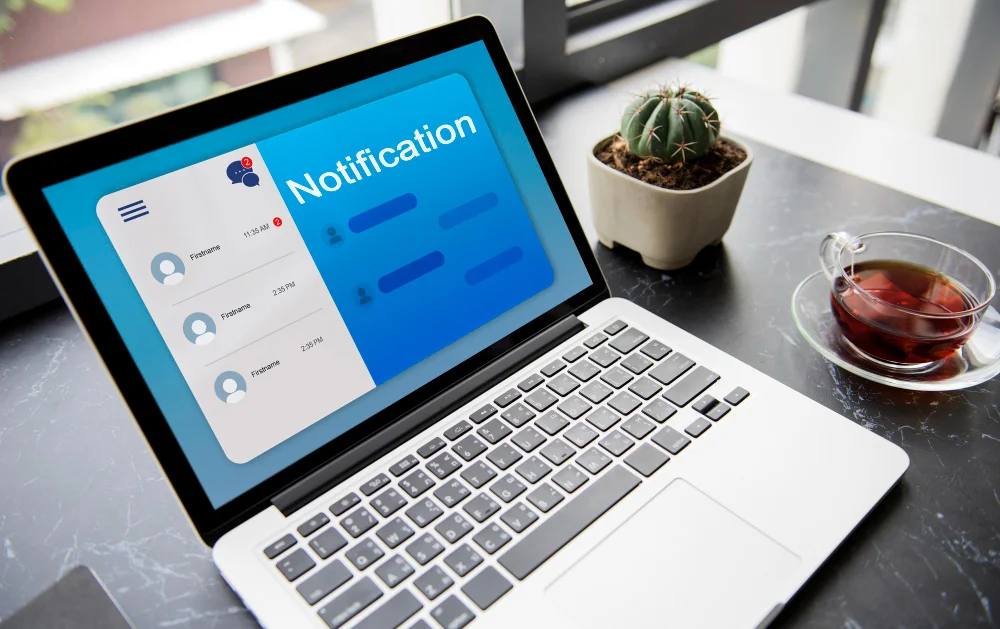Receiving a rejection email after an interview can feel discouraging, but it is a normal part of the job search process. Understanding how to respond professionally can leave a positive impression for future opportunities. This article guides you on handling rejection emails with tact and learning from the experience.
A rejection email after an interview does not mean the end of your career prospects. It’s an opportunity to reflect, improve, and stay motivated. Reading the email carefully can provide insights into your performance and areas of improvement.
Even though rejection emails may feel personal, they are often standardized and do not reflect your full potential. Knowing how to respond appropriately can turn a rejection into a networking opportunity.
Why Does Receiving a Rejection Email After an Interview Happen

Receiving a rejection email after an interview is a common part of the job search process. Companies often have many qualified candidates, and sometimes the decision comes down to small differences in experience, skills, or cultural fit. It’s important to understand that a rejection does not necessarily reflect your abilities but rather the company’s specific requirements for the role.
In some cases, a position may be filled internally, or the hiring needs might change during the recruitment process. Other times, candidates may lack certain technical skills or experience that the company prioritizes. Recognizing these factors helps you take rejection constructively, learn from the experience, and prepare better for future interviews.
How to Respond to a Rejection Email After an Interview
Professionally responding to a rejection email after an interview can create a positive impression and pave the way for future opportunities. Your response should be polite, concise, and show gratitude for the interviewer’s time. Expressing interest in future roles and asking for feedback, if appropriate, demonstrates maturity and a willingness to learn.
Steps to Respond Professionally
Thank the interviewer for their time and consideration
Express appreciation for the opportunity to interview
Politely ask for feedback to improve in future interviews
Reaffirm interest in future positions at the company
Keep the email short, positive, and professional
Common Mistakes When Handling a Rejection Email After an Interview

Some candidates react emotionally to a rejection email after an interview, which can negatively impact their professional image. Avoiding these mistakes ensures you maintain a positive reputation and keeps future opportunities open with the company. Staying calm and responding thoughtfully demonstrates maturity and professionalism.
The Importance of Timing in Responding to a Rejection Email After an Interview

Timing plays a significant role when responding to a rejection email after an interview. A prompt response reflects professionalism and shows that you value the interviewer’s time. Delaying your reply may give the impression of disinterest or a lack of seriousness about future opportunities.
Responding within 24–48 hours is ideal. Keeping your email concise, respectful, and positive demonstrates that you can handle setbacks gracefully. It also allows you to express gratitude for the opportunity and maintain a good impression with the company.
Additionally, a timely response gives you the chance to reaffirm your interest in future roles. Even if the company doesn’t select you this time, they might consider you for future positions if you respond courteously and promptly. This approach highlights maturity and professionalism, which can benefit your long-term career prospects.
How to Keep Motivation After a Rejection Email After an Interview
Receiving a rejection email after an interview can be disappointing, but maintaining motivation is essential for your career growth. Focus on your strengths and achievements rather than dwelling on the rejection. Remember that every interview is a learning experience that helps you improve for future opportunities.
It also helps to stay proactive by applying to multiple roles and preparing thoroughly for each interview. Seeking feedback and making small improvements in your approach can boost confidence. Practicing self-care and maintaining a positive mindset ensures that you stay resilient and continue moving toward your career goals.
Conclusion
Receiving a rejection email after an interview is never easy, but it is a natural part of the job search process. Understanding the reasons behind the rejection can help you learn and grow professionally, rather than taking it personally. Each rejection is an opportunity to refine your skills and approach for future interviews.
Responding professionally to a rejection email demonstrates maturity, gratitude, and continued interest in the company. A well-crafted reply can leave a lasting positive impression and may even open doors for future roles. Handling rejection gracefully shows that you are adaptable and capable of managing setbacks.
Ultimately, staying motivated after a rejection is crucial. Focus on continuous improvement, seek feedback, and keep applying to opportunities that match your skills and goals. Every rejection brings you one step closer to finding the right role and advancing your career.










